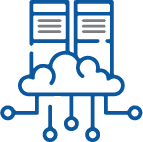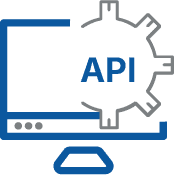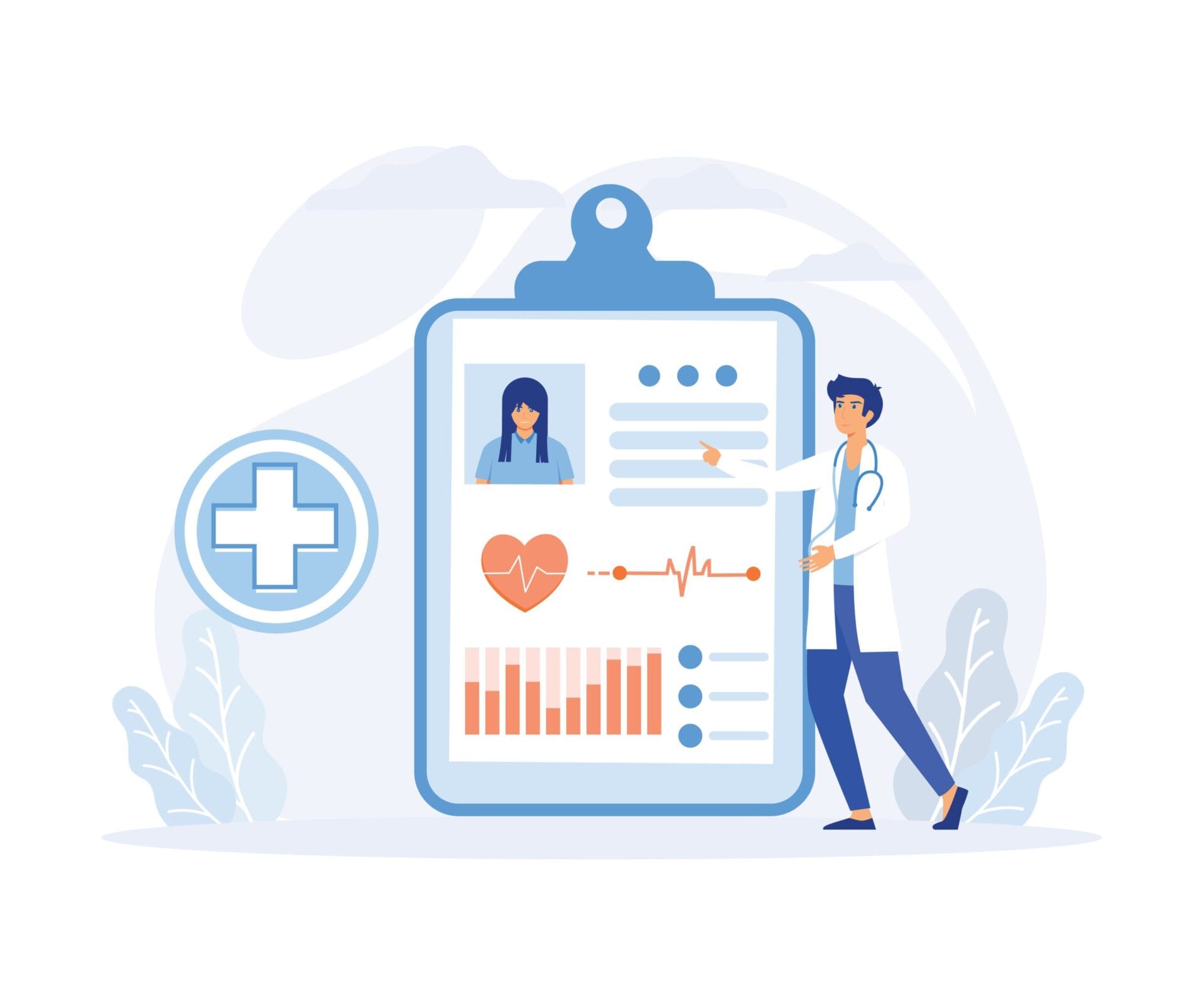Data analytics is revolutionizing healthcare by providing more accurate, personalized, and efficient care to patients. Analyzing large health datasets leads to valuable insights that improve patient outcomes, optimize medical treatments, and lower overall expenditures. This evolution is not only changing the face of healthcare delivery but is also leading the industry toward data-based decision-making practices.
Categories of Healthcare Data
Various kinds of healthcare data serve unique and important roles in holistic patient care:
-
- Clinical Data: This includes electronic health records (EHRs), lab reports, imaging findings, and treatment history. Clinical notes provide a comprehensive medical story that supports diagnosis and treatment planning.
- Patient-Generated Health Data (PGHD): Data gathered through wearable fitness trackers, mobile health apps, or patient-reported surveys tracks daily symptoms, physical activity, and nutrition, offering valuable insights beyond clinical encounters.
- Social Determinants of Health (SDOH): Factors such as socioeconomic status, education, physical environment, and social connections significantly influence health outcomes. With knowledge of a patient’s SDOH, providers can design targeted interventions that address the bigger picture.
Methods for Data Analytics
To analyze this vast variety of data, the healthcare sector is utilizing advanced tools and methods:
-
- Machine Learning: Algorithms analyze and interpret large datasets to reveal hidden patterns and make intelligent predictions. This can support individualized treatment plans and detect diseases earlier.
- Predictive Analytics: By analyzing historical trends, predictive analytics anticipates future events, such as hospital readmissions or disease outbreaks. This foresight allows healthcare providers to implement preventive measures and allocate resources effectively.
- Big Data Platforms: Platforms like Hadoop and Spark store and process massive amounts of healthcare data. These tools enable real-time analytics and handle complex queries that traditional databases cannot.
Effects on Patient Care
Data analytics is transforming patient care in several ways:
-
- Individualized Treatment Plans: Analytics allows healthcare professionals to create personalized treatment plans that meet each patient’s unique needs. This precision improves outcomes and minimizes adverse effects.
- Timely Disease Detection: Machine learning algorithms can detect subtle patterns in patient data, predicting conditions like cancer or diabetes before symptoms escalate. This enables earlier intervention and better patient outcomes.
- Improved Patient Monitoring: Wearable fitness trackers and remote patient monitoring tools keep clinicians updated on a patient’s condition. If a patient’s health deteriorates, medical professionals can respond swiftly and mitigate complications.
Examples of Data Analytics in Action
-
- Mayo Clinic: Mayo Clinic uses machine learning-based predictive analytics to detect patients at risk for sepsis before symptoms escalate. This early detection system has significantly reduced sepsis-related mortality rates.
- Mount Sinai Health System: Mount Sinai integrates clinical data with PGHD and SDOH through a big data platform. This holistic approach has led to better chronic disease management and fewer hospital readmissions.
Ethical and Privacy Considerations
While the benefits of data analytics are immense, ethical and privacy concerns must be addressed:
-
- Data Security: Protecting patient data from breaches is crucial. Secure data storage and high levels of encryption ensure that patient information remains confidential.
- Patient Consent: Patients must be informed about how their data will be used and provide consent. This ensures compliance with regulations like GDPR or HIPAA.
- Bias and Fairness: Analytics models must be designed to prevent biases that could lead to unequal treatment. Regular audits and transparency in model design ensure fairness in patient care.
Conclusion
Data-driven decision-making is becoming a foundational aspect of modern healthcare, ensuring better resource utilization and higher-quality patient care. As healthcare organizations increasingly embrace data analytics, vNex offers cutting-edge solutions that help businesses achieve data excellence. From improving patient care to optimizing healthcare management, we empower you to thrive in a dynamic healthcare environment. Explore our services to learn how we can help you leverage data for better patient outcomes.





















